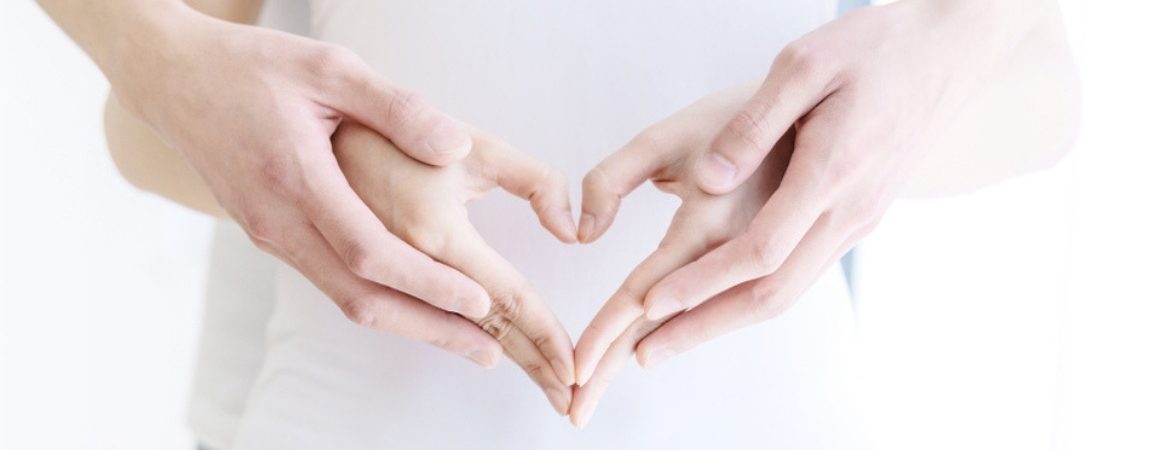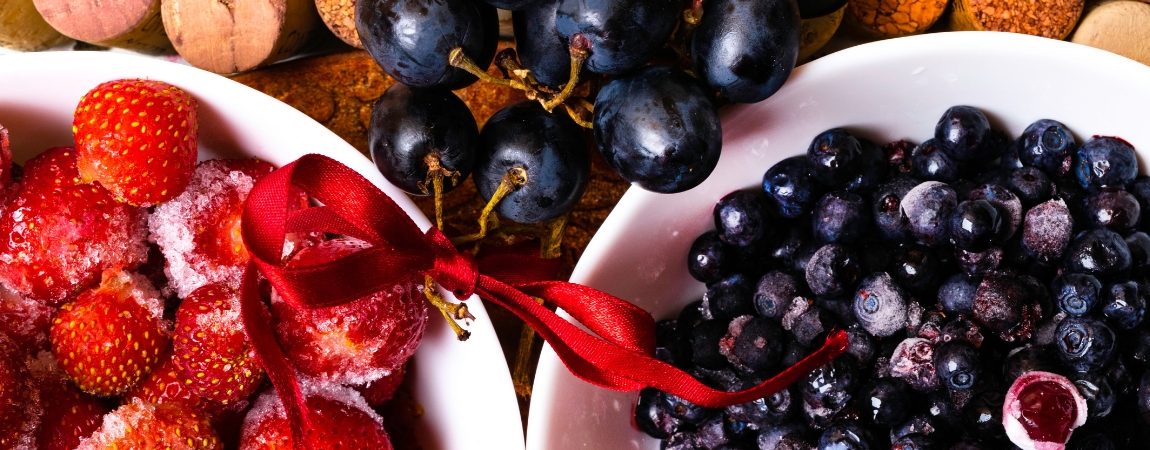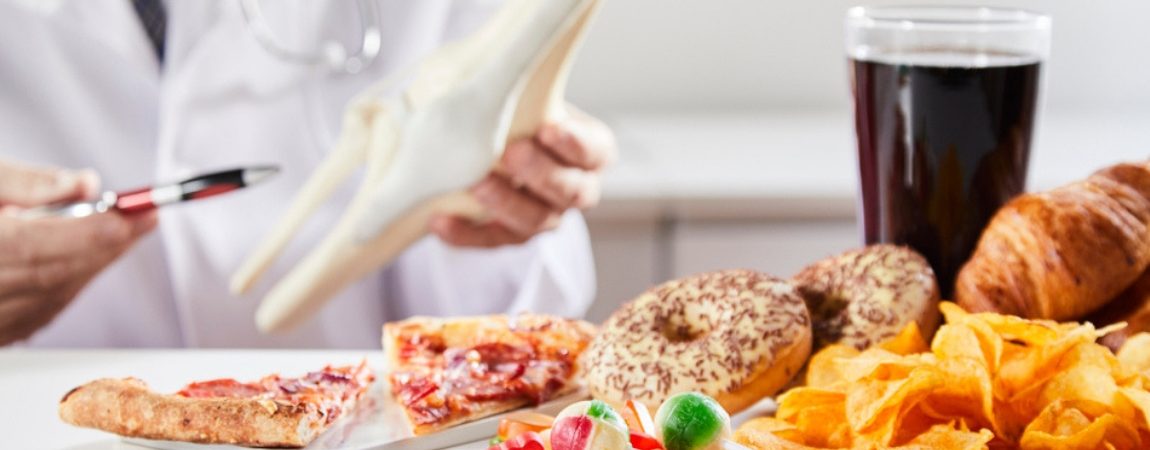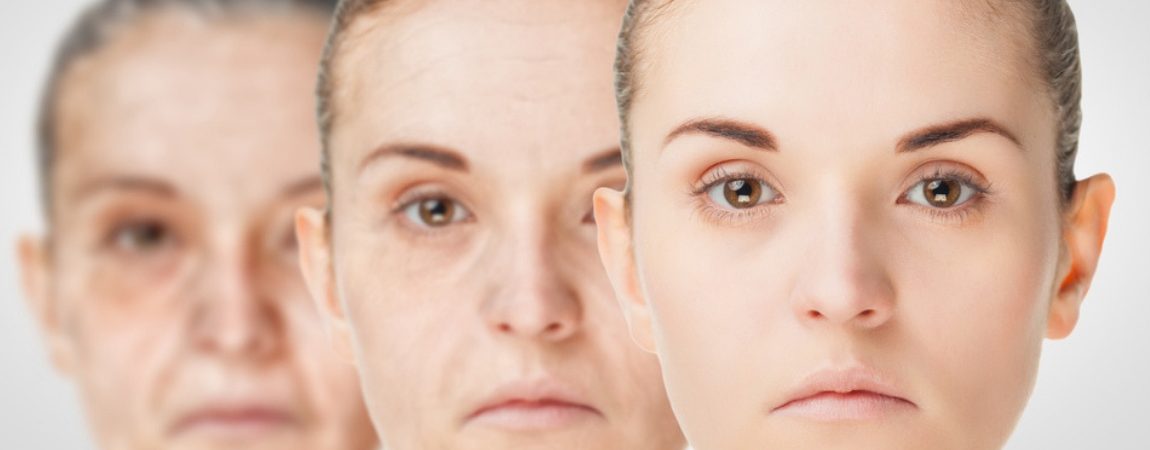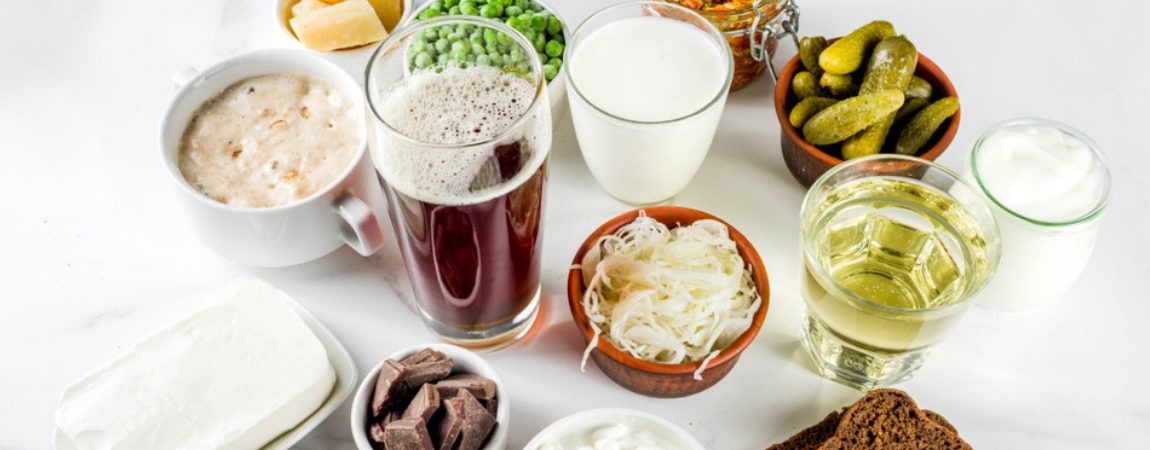Diet & Nutrition
Article Categories
-
Probiotics are beneficial bacteria that comprise the flora of an individual's digestive tract. However, unlike potentially harmful organisms, these bacteria help promote healthy digestion and overall general health. Specifically, probiotics, or "friendly bacteria," help the body process foods and curtail or eliminate several digestive problems such as gas, bloating, indigestion and diarrhea. A healthy gut microbiome also contributes to immune...
-
Colorectal cancer goes by many names, including "bowel cancer" and "colon cancer," largely because it's a general term used to describe any cancer that develops in the rectum and the colon. According to the American Cancer Society, it can affect one in 21 men, making it the third-leading cause of cancer-related deaths in males. Although slightly less common in women...
-
Osteoporosis occurs when the rate at which bone tissue is reabsorbed by the body exceeds the rate at which new bone tissue is produced, leading to decreased bone density. As a result, the existing bone becomes brittle and breaks more easily. In fact, frequent breaks, or those that occur as the result of minor falls, are usually the first indications...
-
New research has linked the gut microbiome and aging, suggesting that maintaining a healthier gut can help you feel younger for longer. A study conducted at Singapore's Nanyang Technological University focused on the effects of transferring the more diverse gut microbiota of older mice into the guts of younger mice. Once the transfer was complete, the younger mice were examined...
-
Tryptophan, a compound found in turkey, is often erroneously blamed for that sleepy feeling you get after eating a big Thanksgiving meal. It may surprise you to learn that while tryptophan does start off a chain of reactions that results in the release of melatonin, the "sleep hormone," there is actually less tryptophan in turkey than in many other commonly...
-
Menopause is a natural occurrence in a woman's life, and as such should not be considered an illness or adverse medical condition. Although it typically occurs when a woman reaches her 40s or 50s, it can occur earlier. The onset of menopause is marked by a woman's last menstrual period; specifically, menopause commences with the cessation of the menstrual cycle...
-
As people age, it's normal to experience a natural decline in cognitive ability. This is why seniors can tend to be more forgetful, less patient and exhibit a decline in critical thinking abilities. However, some seniors experience more severe cognitive degeneration as a result of a condition known as dementia. Dementia involves a more rapid decline of mental functioning that...
-
Previous research has found that drinking coffee can provide a growing list of health benefits, from protecting cognitive functioning to strengthening cardiovascular health. While these benefits may seem unrelated, new research has discovered that they may all be attributed to the way in which coffee affects the gut microbiome. A new study finds drinking more coffee boosts gut health, adding...
-
Past research has confirmed that trillions of microorganisms thrive in our large intestines, comprising what we call the gut microbiome. This collection of bacteria influences our health in a variety of ways, including how likely we are to develop medical conditions such as Crohn's disease, inflammatory bowel disease and irritable bowel syndrome. Research has found that one of the primary...
-
There are two primary types of vitamins: those that dissolve in water and those that dissolve in fat. Fat-soluble vitamins, or those that don't dissolve in water, should be taken along with some dietary fat in order to obtain the most benefits. After the supplement has dissolved, the vitamins contained within it are delivered to the liver and to fatty...



